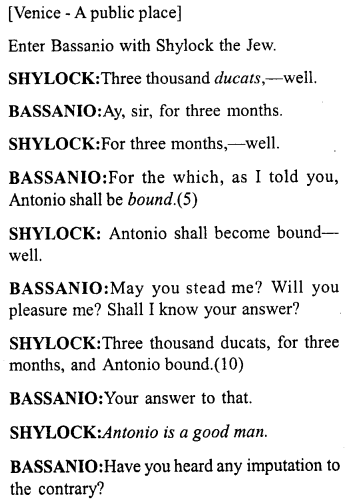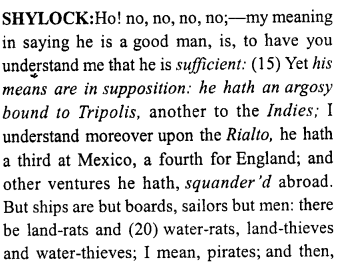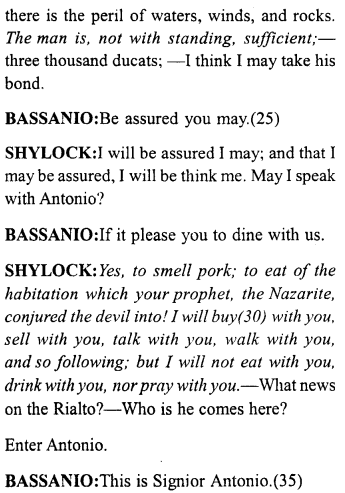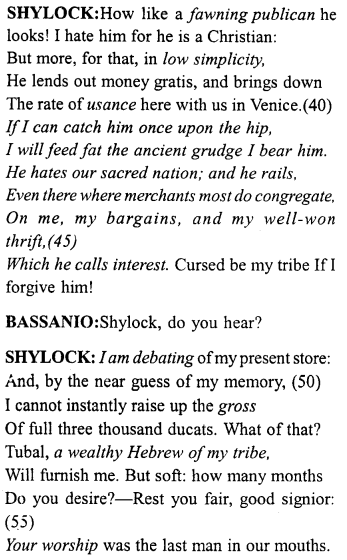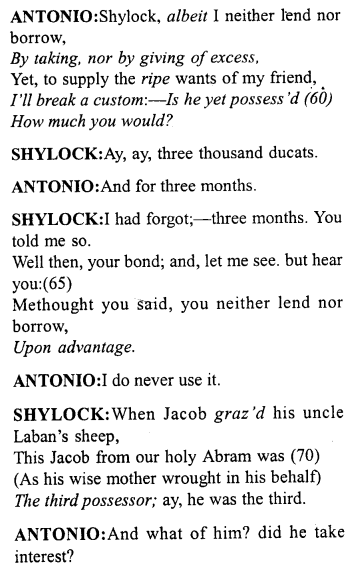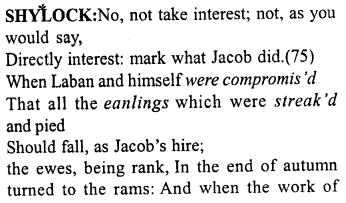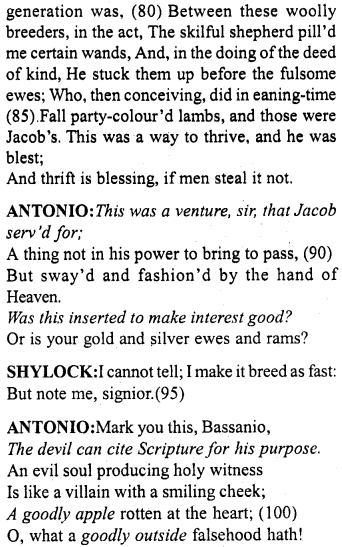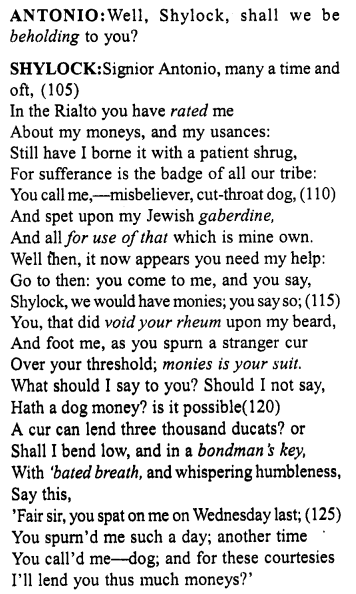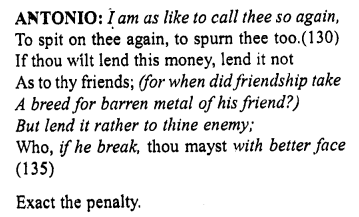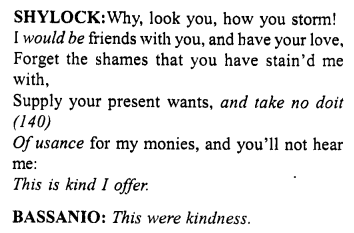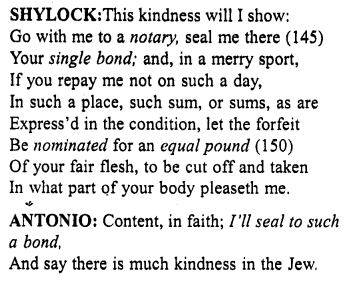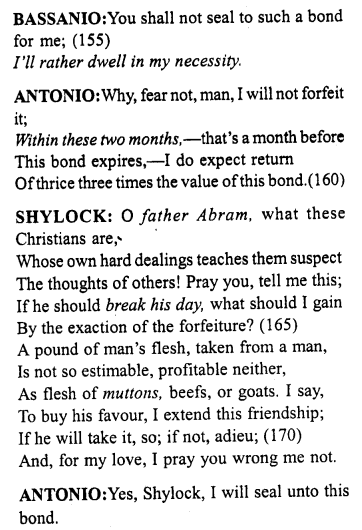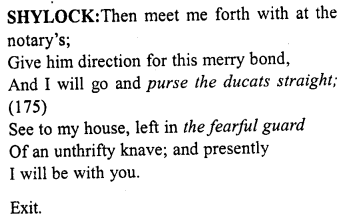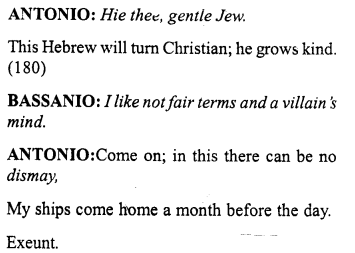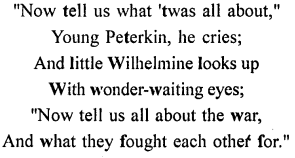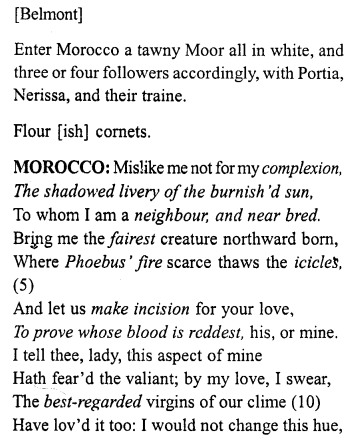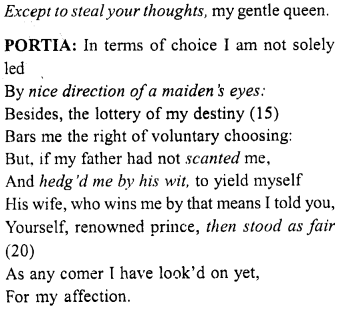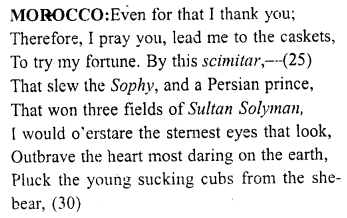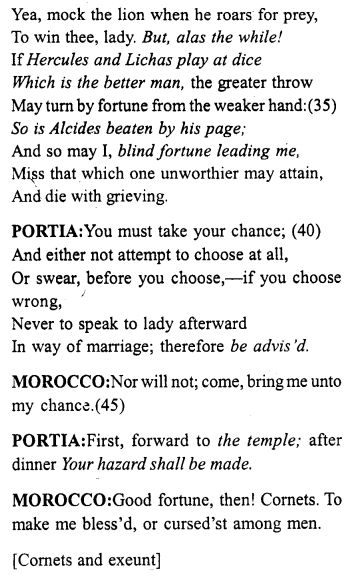Treasure Trove A Collection of ICSE Poems Workbook Answers Chapter 3 Notes – The Bangle Sellers – ICSE Class 10, 9 English
EnglishMathsPhysicsChemistryBiology
ICSE SolutionsSelina ICSE SolutionsML Aggarwal Solutions
About the Poem
The poem “Bangle Sellers” was first published in the year 1912 by Sarojini Naidu.It belongs to the third section in her collection of poems called “The Bird of Time.” The pageantry of Indian life fascinated her and she sings of it with zest. Indian customs and traditions, festivals and celebrations, men and women, fairs and feasts are abundant in her poetry. A group of bangle sellers is on its way to the temple fair to sell their bangles. One of them is the narrator of this poem. It is a poem of four stanzas , of six lines each. This poem is a perfect epitome of a typical Indian scene.
About the Poet
Sarojini Naidu was one of the renowned women poets of Indo Anglian Literature. She contributed remarkably in the arena of Indian poetry in English. Her first volume of poetry, ‘The Golden Threshold’ appeared in 1905 which made her famous at once as a poet of refined poetic sensibility. Her subsequent volumes of poems also made a mark and dealt with varied themes, such as, nature, folk life, patriotism, mysticism, love and death. Sarojini Naidu’s poems reflect her art of writing poetry which is marked by her originality of thoughts and spontaneity of expression.
Sarojini Naidu was amongst the pioneer poets of Indo-Anglian literature. She began writing poetry in the last decade of the nineteenth century but was highly influenced by the Romantic poets due to her intense reading of Romantic poetry. She started writing at the time when sonnets, ode and lyrics, having emphasis on colour, imagery, feelings and imagination were in vogue and she was highly influenced by such writings. She studied ornate poetry which made impact on her writings.
Sarojini Naidu was a gifted artist having ornamental and highly sophisticated style. Her poetry reflected that she was a superb artist in the use of words. It contained the language which burnt with feeling and passion and was as sweet as a bird’s song. Her genius like that of Shelley and Keats was essentially lyrical. She had the classicist’s perfection and refinement and the sensuousness and imagination of the Romantics. She was a conscientious artist and believed in communicating her thoughts in a language that was appealing and graceful. In striving to do so she acquired almost a distinctive style which was her own. Sri Aurobindo aptly remarked that her poetry “has qualities which make her best work exquisite, unique and unmatchable of its kind”. The poetry of Naidu reflects feminine sensibility with regard to her choice of words, passion and imagery. Armando Menezes remarked rightly: She had a woman’s love of words. They are not, to her, just convenient instruments of expression, they were things: Precious, lovely things, like jewels.
Sarojini Naidu was careful regarding the selection of words that lent grace to her poetry’and helped her to convey her inner most feelings. We find in her poetry various aspects, relating to the use of words, which she employed to express her thoughts in charismatic tone. She possessed “unfailing verbal felicity and rhythmical dexterity”. She employed the device of alliteration, refrain, vernacular words, metaphors and striking similes to make her language effective, bearing the quality of refinement. Sarojini Naidu employed a polished diction. Her poetry reflects her command over English language. Though she was an Indian, she had mastered the foreign language which came into circulation in India due to colonialism. She had read well the English Romantic poets who influenced her to a great extent.
Naidu was conscious of the importance of language in the world of poetry and therefore she strived to have a sophisticated style by using a language which glowed with fine diction and brilliant figures of speech.
Central Idea
The central idea of the poem is that the bangles are representative of a woman’s life and each colour or type of bangle represents each stage of an Indian woman’s life, from puberty to midlife. The stages of an Indian woman’s life are represented through the colour of bangles in this poem. Each colour represents each stage she crosses. Silver and blue, or pink -maidenhood; yellow- morning of her wedding; red or orange (fiery shades) symbolises her bridal night; purple and gold- motherhood and matriarchy. Although it is only alluded to in innuendos, the patriarchal ideology lurks beneath the surface of the poem. The women are described as either happy ‘daughters’ or ‘wives’. Every phase she passes is referred to by a man in her life, father, husband, sons. The women in this poem fit into boxes that limit their existence to being a possessed object of patriarchy. Even if this poem is ironic, it still discusses the ideas propagated by the patriarchal society.
Word Meanings
- Rainbow tinted – Rainbow colored
- Lustrous – Shining
- Meet – Suitable
- Tranquil brow – Calm and quiet bank of a river, lake, pond, etc.
- Limpid – Clear
- Hue – Color.
- Luminous – Glowing
- Cleaves – stick to
- Flushed – become red
- Brow – slope
- Bloom – blossom
- Shining loads – bangles
- Flame of her marriage fire – red coloured
- Fleck – small area of particular colour
- Cherish – care tenderly
- Cradle – to hold someone gently in our arms
Paraphrase
The narrator says that we are bangle sellers who go roaming from place to place to sell their bangles. They sing their beautiful song when they go to sell their bangles in the temple fair. They invite the people to come and buy their delicate, bright and multi-coloured bangles. The bangles are tokens(symbols) of delight for happy daughters and happy wives.
In the second stanza the bangle sellers give an account of the bangles which match a maiden. The silver and blue coloured bangles are suitable for a maiden i.e an unmarried girl. These bangles are like the mist on the mountain in their colour and purity. The bangles are like buds on a woodland stream. Some are shining like flowers. All these bud-like and flower-like bangles are suitable for the unmarried girls.
In the third stanza the bangle sellers have some bangles that look like the corn fields. The bangles are suitable for a bride on her wedding morning. Some bangles look like the flame of her marriage fire.(red) Some are rich with colours of her hearts desire. They make soft sounds just like the bride makes at the time of her wedding. The bride laughs as she is getting married and weeps as she is leaving her parental home. The phrases bridal laughter and bridal tears suggest the emotional feelings of the bride.
In the last stanza the bangle sellers say that they possess certain bangles which are purple in colour and some are touched with gold and grey colours. All these bangles are suitable for a middle-aged woman whose hands have cared tenderly, loved, blessed and cradled her fair sons and worshipped the gods sitting by her husband’s side.
Summary
Bangle sellers take their load of bangles to the temple fair to sell them. The bangles are termed as “lustrous tokens of radiant lives” which mean that they are symbols of love in people’s lives. The bangles are made for happy daughters and wives. The poet says that some of the bangles are made for the unmarried women and they are of silver and blue in colour. The other bangles made for the bride glows like the fields of com during morning. Those bangles glow like the bride’s marriage flame and rich in her heart’s desires. The bangles are tinkling with ‘luminous’ colours like the bride’s laughter or tears. Some bangles are made for the elderly women who have journeyed through half of their life. These bangles are of purple colour with gold flecks. These women have served their household well, cradles their sons and have worshipped the household gods with their husbands beside them.
The tone of the poem is joyful and lively. Each stanza has a certain tone. The first recalls the city of bangle-sellers who travel on foot to sell their products. The second and third stanzas have a profound sense of happiness and lively energy. The tone of the last stanza is dipped in pride and a sense of fulfilment.
Critical Appreciation
Naidu’s poetry is best known for her use of imagery and contemporary Indian themes. Among her other poems, this poem stands out as a social message that not only discusses the lives of Indian women but also the lives of bangle sellers. Although the poem focuses extensively on the stages in the life of women, it portrays the lives of the bangle sellers as well. Not once is the poverty or the hardship of their vocation mentioned in the poem save the ‘shining loads’, which denotes the heaviness of the bangles. The bangle seller employs a joyful voice which makes us forget that their livelihoods depend on the sale of these bangles. The women in their lives are all portrayed as happy, probably because the happiness of the bangle-seller relies upon the happiness of these women. In a nutshell, their livelihood depends on these bangles and thus, they must be presented as tokens of happiness.
The poem progresses step by step as if it is passing by each phase of the life of a woman with her. The first stanza relates to us the premise of poem. The second stanza focuses on maidenhood. By maidenhood Naidu means virginity. Thus, the colours chosen by her represent purity like the blue and silver mist of mountains, shades of pink of yet to blossom flowers or the clear dew drops on new born leaves. This has connotations to new beginnings and the promise of life. The third stanza talks about a woman who is about to become a bride. The colour chosen in this group is a lively yellow that represents the hope she has for her future and also her happiness. The imagery used here is energetic and lively like corn fields bathed in sunlight. The second part of this stanza portrays the love a new bride has for her husband. Naidu chooses the apt colour scheme of reds and oranges. The ‘flame’ Naidu talks about has sexual connotations to it. It is a euphemism for the consummation of her marriage with her husband. The fourth stanza talks about the pride of a woman who has lived girlhood and bridehood and motherhood, and earned a position as a matriarch. It is the phase in her life when her struggles have borne fruit. Therefore, this stanza has the air of royalty and pride etched in it. That is why the colours chosen to describe the bangles for a matriarch are purple and gold. The specks of grey add the touch of maturity that comes with age.
However, critics have questioned Naidu’s portrayal of women in stereotyped boxes in this poem. Her poem discusses only three categories in a woman’s life-maidenhood, wifehood and motherhood. On one hand, the poem fails to recognise other areas of a woman’s life, where women have an independent identity, one which is free from restricting labels made by a patriarchal society. Even when Naidu talks about a woman bearing children, she mentions only boys. Perhaps, the role model for this poem was a specific woman she knew. But on the other hand, she writes a poem that has strong sexual connotations. It is also probable that this is an ironic take on the lives of women during the time she was writing this poem. Naidu was instrumental in encouraging women empowerment. She encouraged women to get involved in the freedom movement against colonial rule. She herself was a big part of the movement and became the President of the INC. It could have been her way of speaking out against patriarchal constraints in ironic terms.
Naidu uses various poetic devices. The ‘rainbow tinted circles of light’ is an instance of a metaphor. The colours of the bangles are likened to the colours of the rainbow. And the light reflected by the bangles gives it the appearance of being made of light. The ‘silver and blue as the mountain mist’ is a simile. Here, the color of the bangle is compared to the mist of the mountains. Imagery is represented by the
‘Some are aglow with the bloom that cleaves
To the limpid glory of new born leaves
This represents some of the bangles by comparing them to the transparent glory of the new bom leaves. Again she writes Some are like fields of sunlit corn, and here the comparison is made between the yellow corn fields bathed in sunlight and the yellow coloured bangles. Examples of more similes are as follows :
‘Some, like the flame of her marriage fire,
Or, rich with the hue of her heart’s desire,
the red bangles become symbolic of a new bride’s love and desire for her husband and the
‘Tinkling, luminous, tender, and clear,
Like her bridal laughter and bridal tear.
where bangles are compared to a young bride’s laughter and the luminosity of the bangles is likened to her tears. Finally Naidu brings in more vivid imagery when she writes “cradled fair sons on her breast’ where she talks of the son a middle-aged has borne and nourished and cradled close to her breast. It denotes that she has diligently performed her duties as a mother.
Finally it would be correct to say that this is a poem as much about the bangle sellers as it is about women. It talks about the mutual happiness of the two as they are interdependent. The bangles are symbolic of women and their happiness. Similarly, the. happy women can ensure the sale of more bangles, thus, becoming the symbols of happy bangle-sellers as well.
For More Resources
